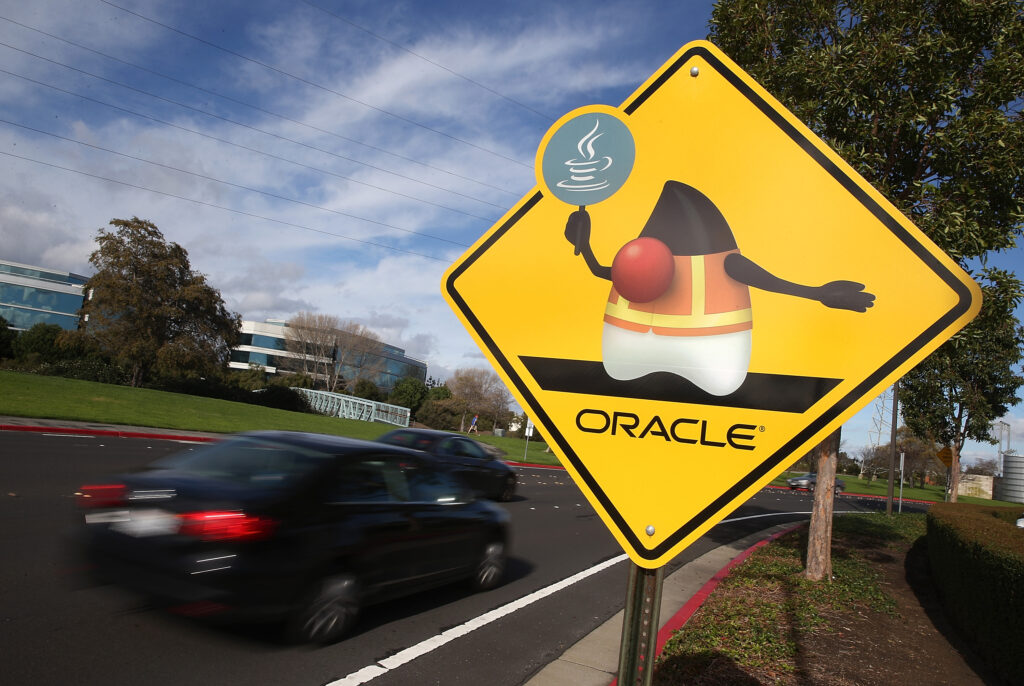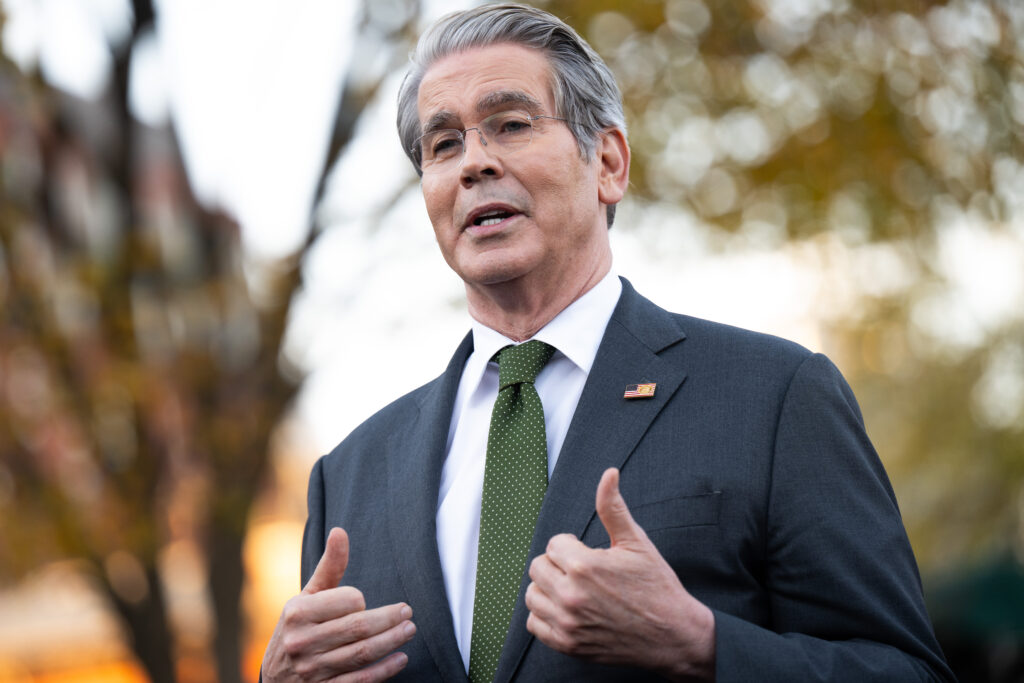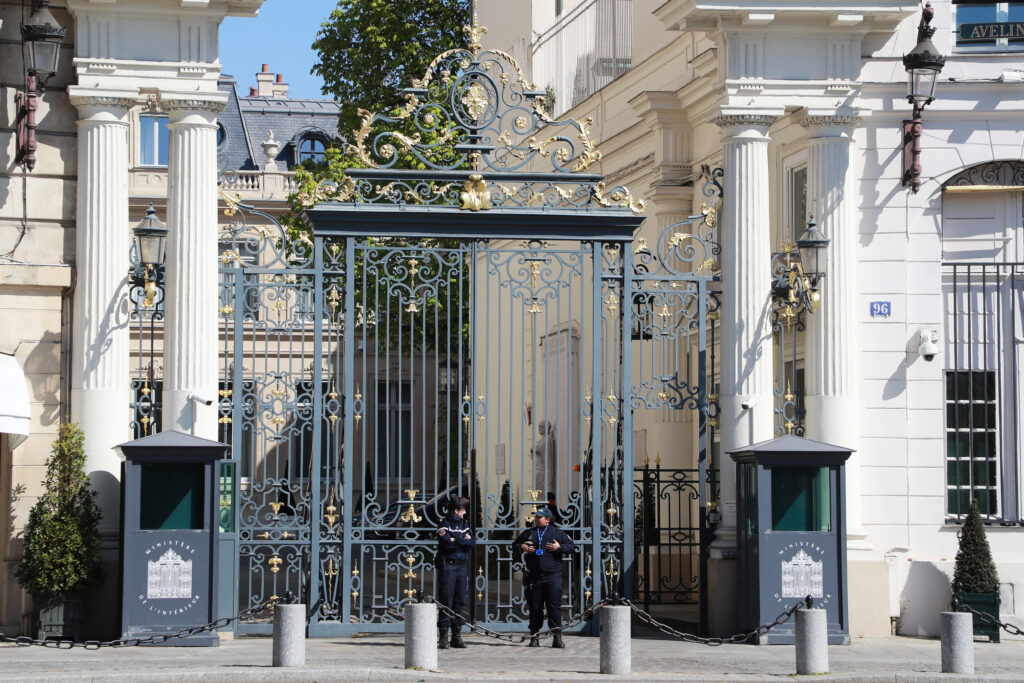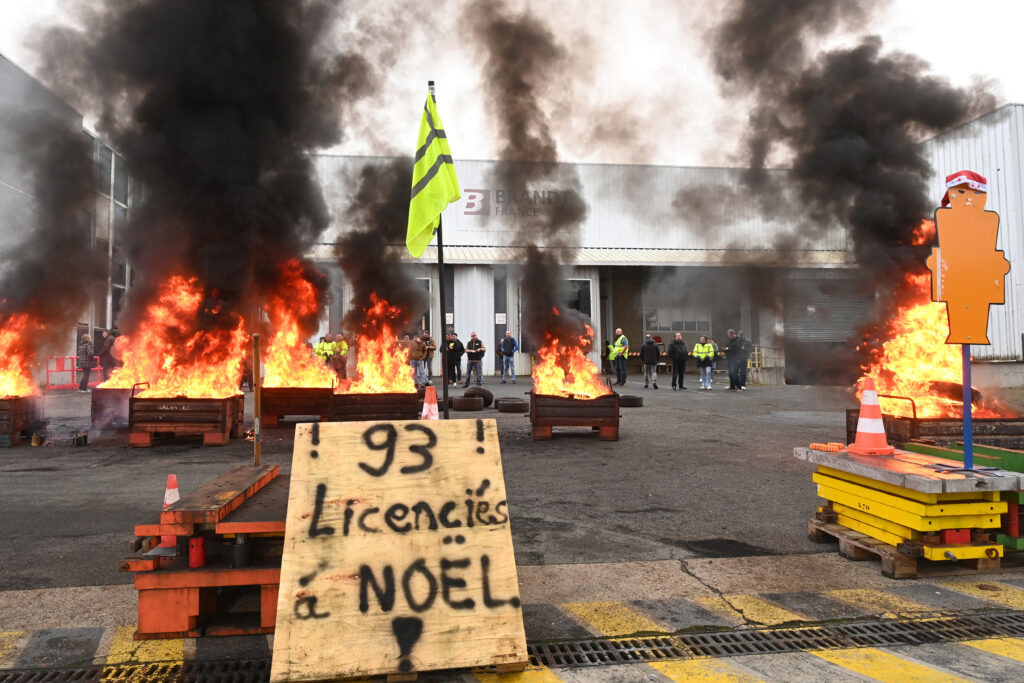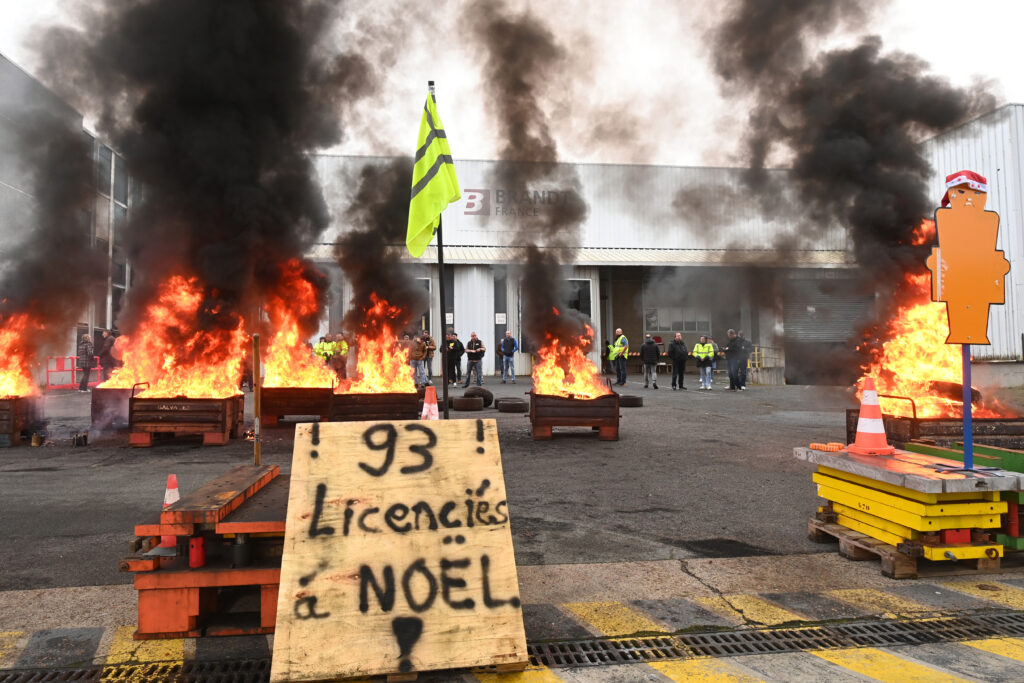Dermatose: l’opposition à un abattage en Ariège dérive en affrontements
La mobilisation d’agriculteurs destinée à éviter l’abattage d’un troupeau de 200 vaches dans une ferme en Ariège a dégénéré jeudi soir en affrontements entre manifestants et gendarmes.Depuis mercredi matin et l’annonce d’un cas de dermatose nodulaire contagieuse (DNC) dans cet élevage du village des Bordes-sur-Arize, des agriculteurs s’étaient rassemblés en nombre pour bloquer l’accès aux services vétérinaires, chargés d’euthanasier 207 blondes d’Aquitaine.En début de la soirée, à l’arrivée des forces de l’ordre près de la ferme, alors que la nuit était tombée, de multiples tirs de grenades lacrymogènes et assourdissantes par les gendarmes ont répondu aux jets des pierres et de différents projectiles des manifestants.Vers 22H30, les forces de l’ordre étaient en train d’investir la ferme, tandis que l’essentiel des manifestants, repoussés par les gaz lacrymogènes, s’éloignaient, a constaté un journaliste vidéo de l’AFP.Plusieurs centaines d’agriculteurs, notamment de la Coordination rurale (CR) et de la Confédération paysanne et des sympathisants du mouvement, avaient d’abord protesté dans le calme.Selon les forces de l’ordre, 200 manifestants demeuraient sur place vers 22H00, “dont quelques dizaines de militants d’ultragauche” alors que d’autres chantaient des cantiques, en portant une croix face aux forces de l’ordre.Le préfet de l’Ariège a assuré que les deux frères propriétaires du troupeau lui avaient donné leur accord pour l’abattage des bêtes, conformément au protocole sanitaire de lutte contre la DNC.Cette affirmation a été démentie par Pierre-Guillaume Mercadal, dirigeant de la CR. “Ils sont deux frères, un a cédé, l’autre non. Ils sont en train de déchirer cette famille, en plus de l’accabler du deuil de leurs vaches”, a-t-il répondu au préfet.- Vaccinations -“Il reste ce (jeudi) soir un noyau de personnes qui veulent en découdre, je lance un appel à la raison. On ne doit pas être dans l’affrontement”, a déclaré le préfet Hervé Brabant, lors d’une point de presse en début de soirée, demandant “à tous les manifestants de respecter cette volonté des éleveurs et de quitter les lieux dans le calme”.L’abattage, seule méthode efficace pour éviter que “la maladie se diffuse dans l’ensemble du cheptel français”, se fera “dès que possible” puis une campagne de vaccination sera lancée dans le département, a-t-il annoncé. Sur les 33.000 bovins d’Ariège, 3.000 ont déjà été vaccinés le mois dernier, dans les zones proches des Pyrénées-Orientales où des foyers ont été détectés.Les syndicats agricoles locaux et la chambre d’agriculture ont proposé en vain un protocole expérimental au ministère de l’Agriculture, demandant notamment que seules les vaches contaminées soient abattues et qu’une campagne de vaccination massive soit lancée.- “Zones réglementées” -Jusqu’ici, la règlementation visant à stopper la propagation de la maladie prévoit que l’ensemble du troupeau concerné soit abattu et l’instauration de “zones règlementées” dans un rayon de 50 km autour du foyer de DNC, périmètre dans lequel les déplacements de bovins sont interdits ou restreints.Dans les Hautes-Pyrénées, un autre troupeau d’une vingtaine de bêtes doit être abattu vendredi, a annoncé le préfet de ce département Jean Salomon. Dans cette exploitation, à Luby-Betmont, quelques dizaines d’éleveurs sont mobilisés pour empêcher l’action des services vétérinaires.”Les tentatives de blocage ou les regroupements observés en proximité des exploitations font courir à tous les éleveurs un risque de propagation supplémentaire de la maladie”, s’est inquiété M. Salomon.En Ariège, “c’est vraiment une place de résistance et j’espère qu’elle va tenir le plus longtemps possible”, a affirmé Bertrand Venteau, président de la CR.”La mobilisation paye, ça a retardé l’échéance”, a-t-il jugé, en appelant également à une vaccination massive et à “une grande unité du monde agricole”.La ministre de l’Agriculture “Annie Genevard doit changer sa politique, sinon elle va nous foutre le feu dans les campagnes”, a-t-il poursuivi, estimant que la maladie “n’est pas sous contrôle”. Apparue en juin en France, non transmissible à l’humain mais pouvant entraîner la mort des bêtes, la DNC est “sous contrôle”, soutient au contraire le ministère de l’Agriculture qui a ouvert mardi “des réflexions” sur la vaccination préventive du cheptel français.Contrairement à la CR et à la Confédération paysanne, la FNSEA y est plus réticente en raison du “risque d’effondrement des exportations et des prix” qu’elle pourrait entraîner, a expliqué mardi à l’AFP son président, Arnaud Rousseau.Jeudi soir, ce dernier a annoncé dans une vidéo avoir demandé à Mme Genevard une “extension de la zone vaccinale au-delà des zones règlementées”.Les cas détectés de DNC en Ariège et Hautes-Pyrénées sont les premiers recensés dans ces départements depuis la détection du premier foyer en Savoie le 29 juin 2025. pac-bdu-ap-alh/ap-elr/er



